U.S. Hacks QakBot, Quietly Removes Botnet Infections
Krebs on Security
AUGUST 29, 2023
Emerging in 2007 as a banking trojan, QakBot (a.k.a. QakBot is most commonly delivered via email phishing lures disguised as something legitimate and time-sensitive, such as invoices or work orders. The DOJ declined to say whether any suspects were questioned or arrested in connection with Qakbot, citing an ongoing investigation.

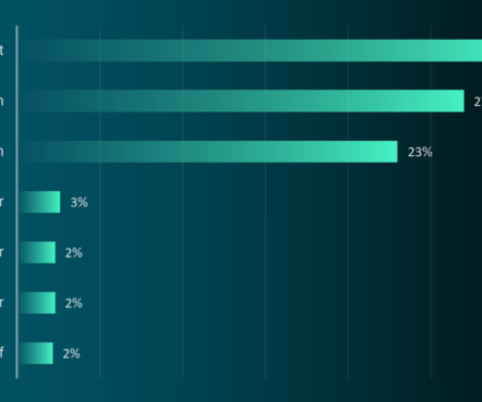

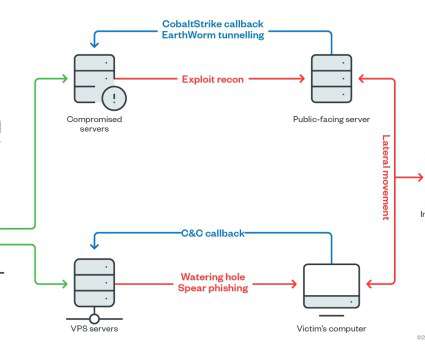
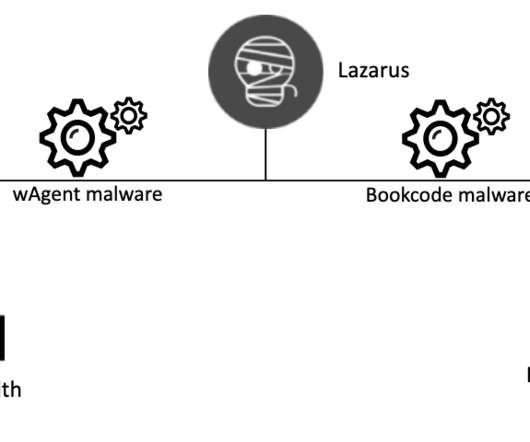
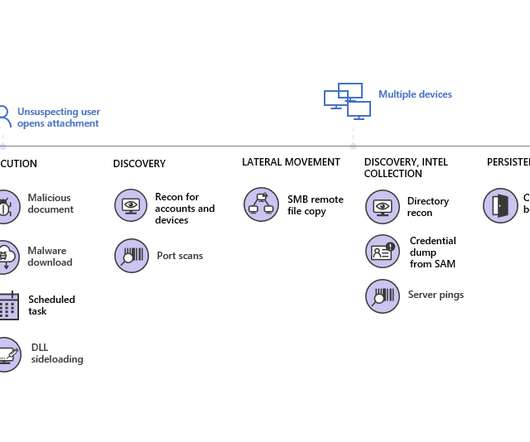
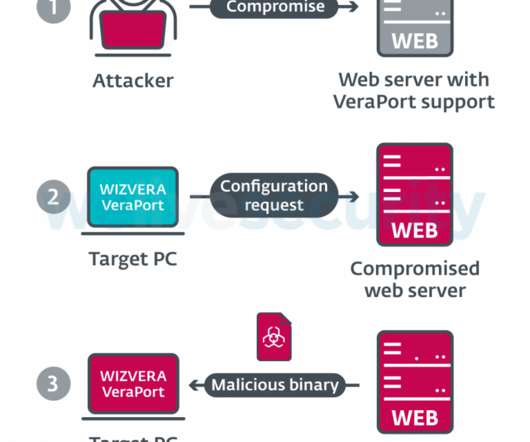
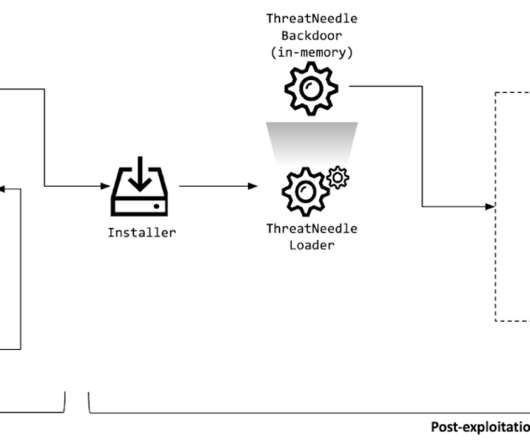
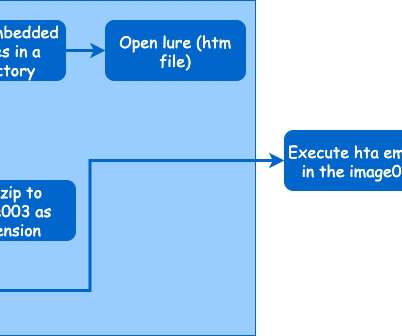
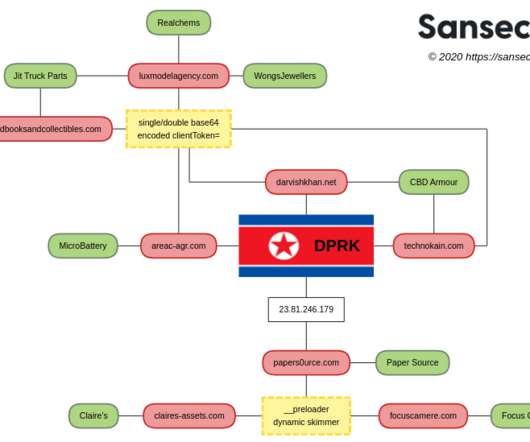







Let's personalize your content